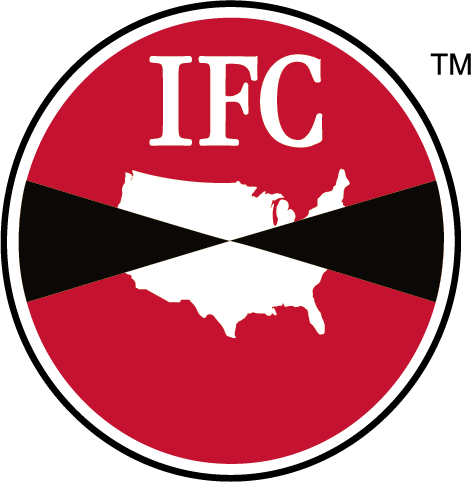ORGANIC PROGRAMS
IFC knows the organic food industry. We have been working with organically certified facilities since before USDA first introduced the official National Organic Program in 2000. IFC helps our clients with pest management programs performed in accordance with NOP rules. We can help customize your facility programs so that they meet your organic certifier’s specifications.

WHAT IS THE NATIONAL ORGANIC PROGRAM?
USDA’s National Organic Program (NOP) is a marketing regulation. USDA’s Agricultural Marketing Service oversees this program and utilizes accredited certifying agents to verify compliance by organic producers. NOP regulations govern what products are “100 percent organic,” “organic,” and “made with organic (specified ingredients or food group(s)).”
WHAT IS USDA’S NATIONAL LIST?
The National List of Allowed and Prohibited Substances specifies the allowed and prohibited materials for organic crop and livestock production, efficacy, dispersion, and penetration capability.
CAN PESTICIDES BE USED AT ORGANIC FACILITIES?
- Preventive Practices: The organic certifying agent will need to see that you implemented appropriate preventive practices before utilizing pesticides. Good pest management programs incorporate preventive practices on a daily basis, such as exclusion, sanitation, controlling temperature, lures and traps. Inspection of traps can serve as a monitoring program to evaluate the effectiveness of preventive practices. Furthermore, it demonstrates to the certifier the need for chemical solutions
- Non-synthetic Substances and Materials Consistent with the National List: If pest problems continue after implementing preventive practices, discuss with your certifier new directions. For example, the use of a non-synthetic non-prohibited pesticide or a synthetic substance consistent with the National List. Remember that pesticide products must be registered in the state where used. In addition, some granular/dust formulations are not appropriate for use in food handling facilities
- The pest problem may persist after implementing preventive practices, non-synthetics and materials consistent with the National List. After that, you may need a conventional pesticide treatment. The NOP contains recordkeeping requirements for certified operations. Records for pesticide applications need to disclose all application activities in sufficient detail (understandable, audited and demonstrating compliance). Such records might consist of pesticide application records, pest-monitoring logs, inspection reports or documentation that previous treatment measures were ineffective. Your facility pest management plan should include plans for use of pesticides. For example, the conditions for their use and measures to prevent pesticide contact with the organically produced products or ingredients
organic Program RESOURCES
Organic Facilities and Approved Pesticide Use
Organic foods continue to gain in popularity; this is why many food companies have found opportunities to develop or promote products that they can market as organic. Many believe that organic products are produced in facilities that are pesticide free, but as organic...
Pest Management and Organic Food Processing: What Do I Need To Know?
Demand for foods that consumers perceive to be healthier continues to grow. Many food companies have found opportunities to develop or promote products they can market as “organic.” Organic product processing has some implications for pest management, although more...

